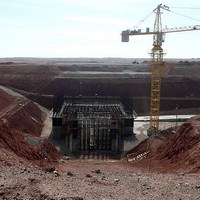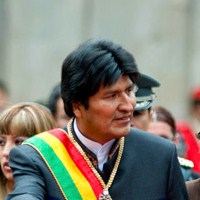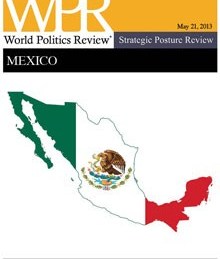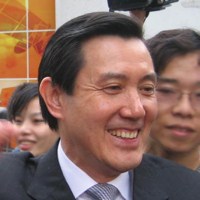
Thailand and France are reportedly set to sign an agreement next month on joint development of high-speed rail in Thailand. In an email interview, Lieven Jacquemyn, founder and managing director of the Singapore-based infrastructure investment and development firm Plektics, explained Southeast Asia’s infrastructure needs and infrastructure’s impact on regional integration. WPR: What are some of Southeast Asia’s most pressing unmet infrastructure needs, and what are the primary obstacles to infrastructure development? Lieven Jacquemyn: The emerging economies in Southeast Asia have seen impressive growth, and in order to sustain this growth, the general consensus is that energy and transportation infrastructure needs […]
















